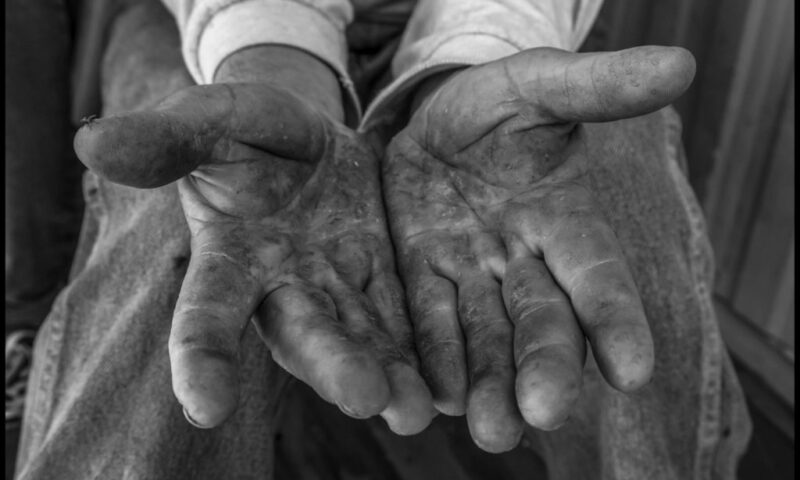
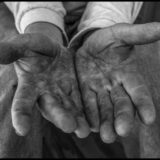
Co-published by The American Prospect /
“Sustainability” is the mantra for many groups and businesses near the Salton Sea. But sustainability for whom? BY DAVID BACON
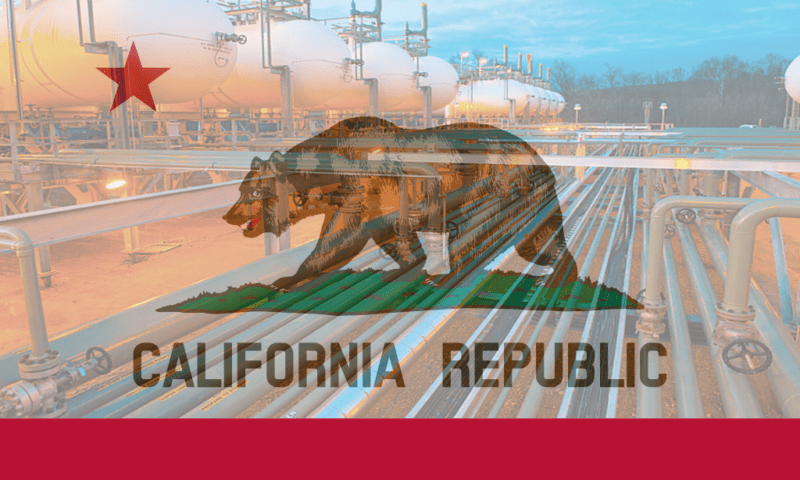
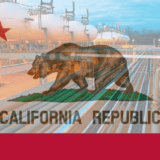
California environmentalists and other critics are denouncing a proposed natural gas pipeline that would parallel Interstate 15, saying it is not only unnecessary, but that it runs counter to the state’s mission of embracing green energy.


Co-published by Fast Company
A “Made in the USA” label is not a guarantee of good working conditions, claim labor advocates and wage-and-hour officials who say sweatshops are still found in California.
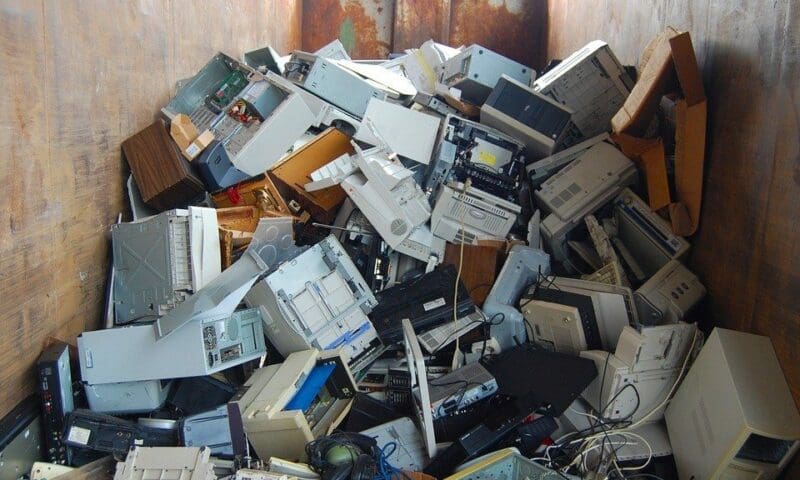

Co-published by Fast Company
What’s arguably most responsible for the growing problem of electronic waste is the manufacturing model of planned obsolescence, in which software and hardware become incompatible or antiquated, or smartphones and laptops aren’t designed for durability.
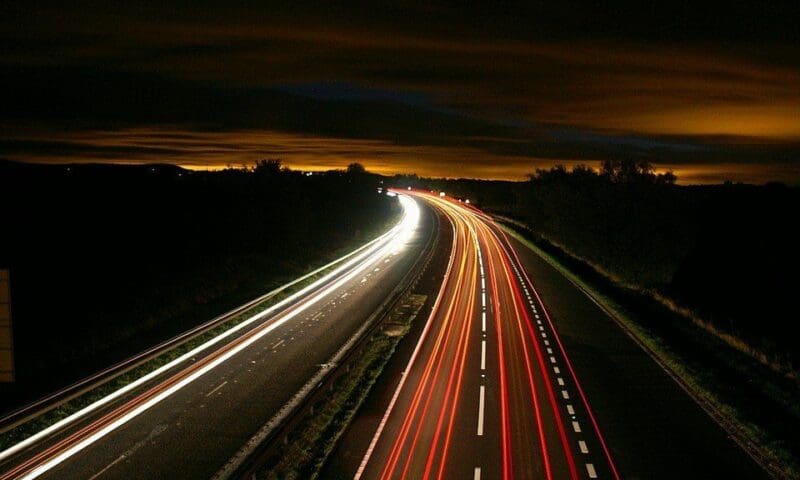

The Southern California Association of Governments’ “100 Hours” initiative is intended to solve L.A.’s traffic woes, and is named for the average number of hours Los Angeles drivers spend in traffic jams every year.
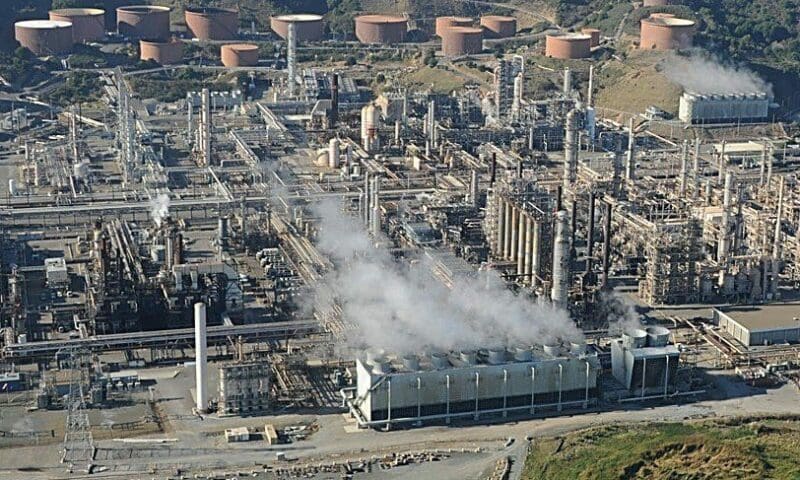
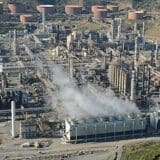
Some environmental activists worry that proposals floated by Governor Jerry Brown and legislative leaders to extend cap-and-trade, the state’s primary tool in its climate fight, will bar local air districts from regulating carbon dioxide emissions at state-regulated facilities.


Other cities have zero waste policies but L.A.’s new contract requirements are being touted as the nation’s toughest, and are being studied carefully by New York City, San Diego and others.
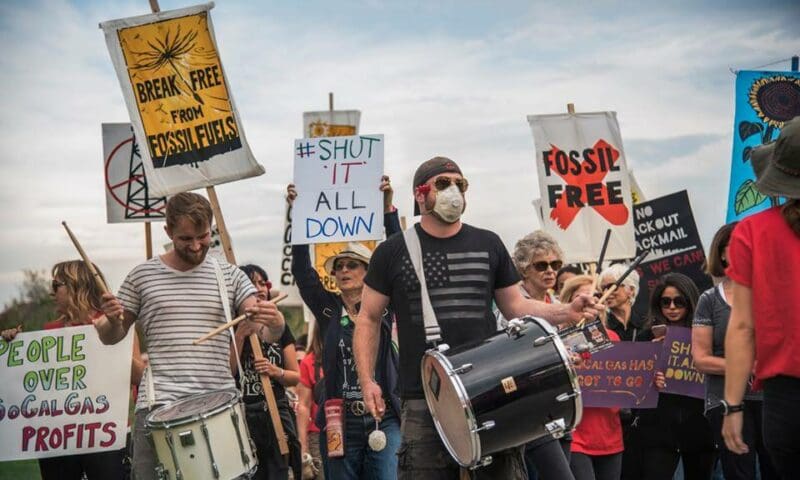
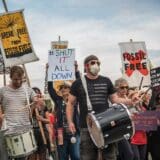
As California regulators decide whether to reopen the Aliso Canyon natural gas storage facility, the site of the largest human-caused release of greenhouse gasses in U.S. history, residents and activists vow to redouble their fight against its reopening.
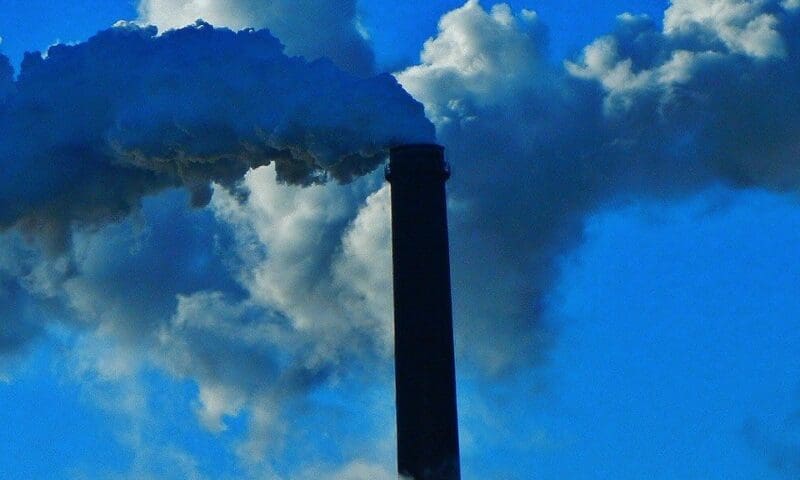
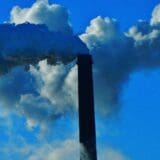
Many public health and climate activists insist that cap-and-trade offsets are a poor substitute for actual emissions cuts, and in fact, might be making pollution worse in some communities.
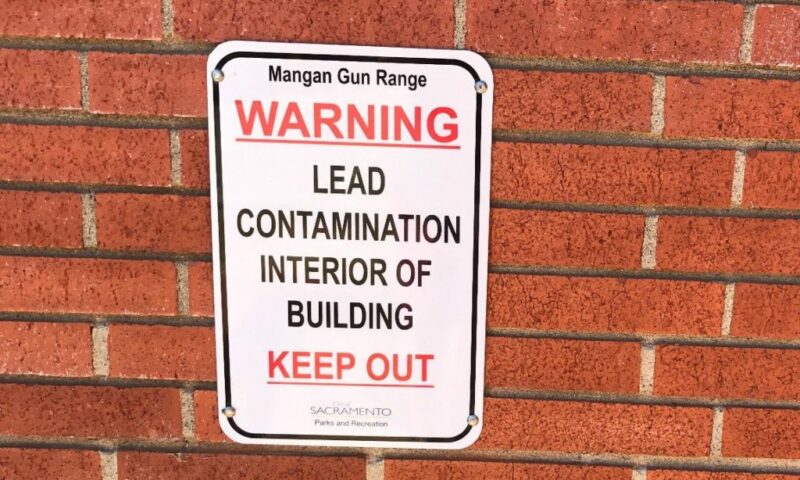
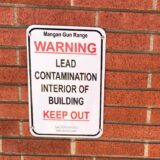
Promise after promise was broken when it came to protecting Sacramento’s workers and the public from lead hazards from a contaminated gun range housed in an aging recreational building.
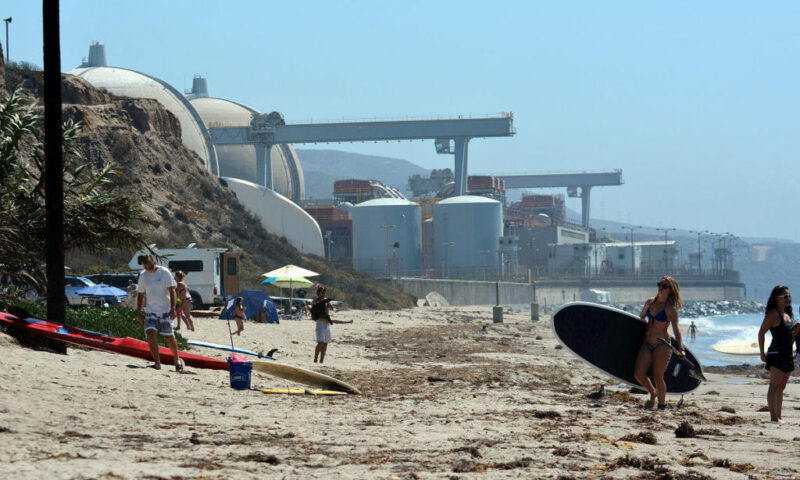
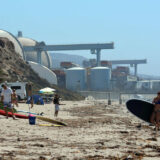
In 2015 California’s Coastal Commission granted a permit to bury 3.6 million pounds of highly radioactive material along the coastline, right next to the iconic stretch of surfing spots known as Trestles. Since then environmentalists have been urging the commission to reverse itself.


The Cadiz project claims that pumping from the groundwater basin would not affect any springs in the Mojave Preserve. But no one seriously believes that enough water drains into the desert to replenish an ecosystem that gets an annual four to 10 inches of rainfall.
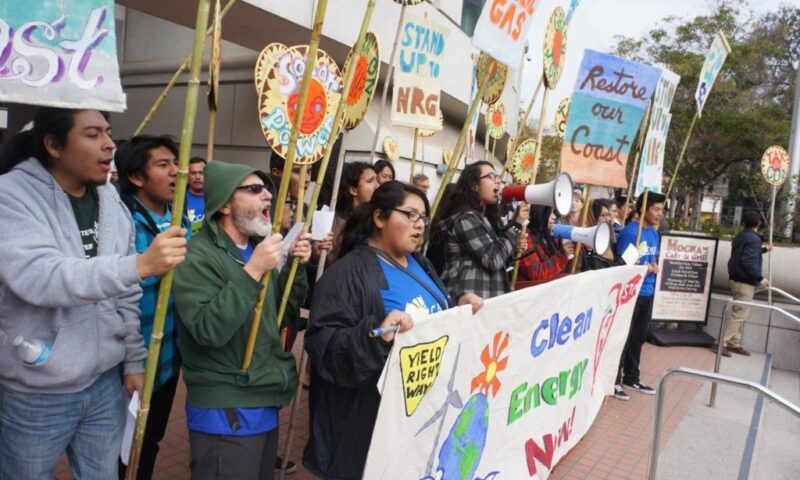
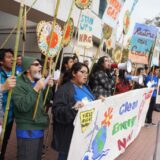
A long-beleaguered Central Coast city fights plans for a new natural gas power plant.
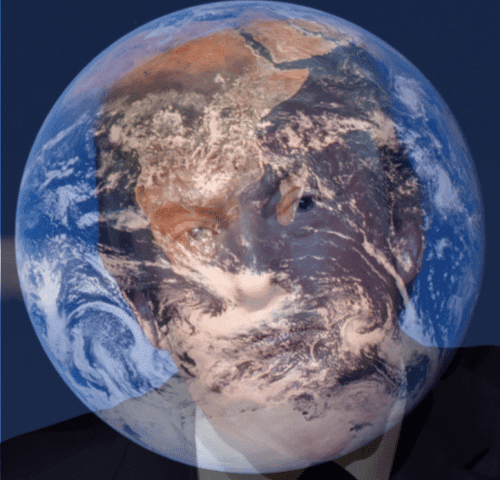

Co-published by Fast Company
As news broke Thursday that President Trump would pull out of the Paris climate agreement, California Gov. Jerry Brown was packing his bags for China to attend a convocation of multinational energy policy makers called the Clean Energy Ministerial.
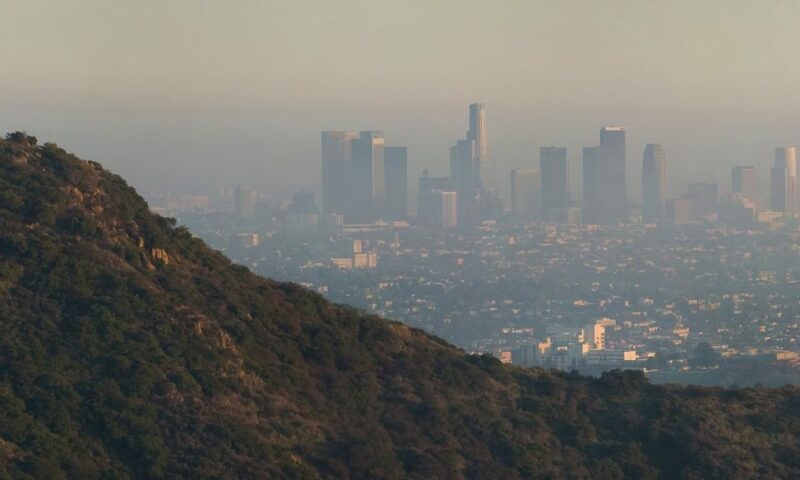
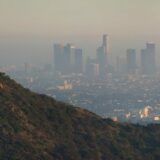
Co-published by Fast Company
Is California’s strict zero-emissions strategy, which forces car makers to market exhaust-free hydrogen-fueled and battery-powered vehicles, really the most consumer friendly, egalitarian way to go?
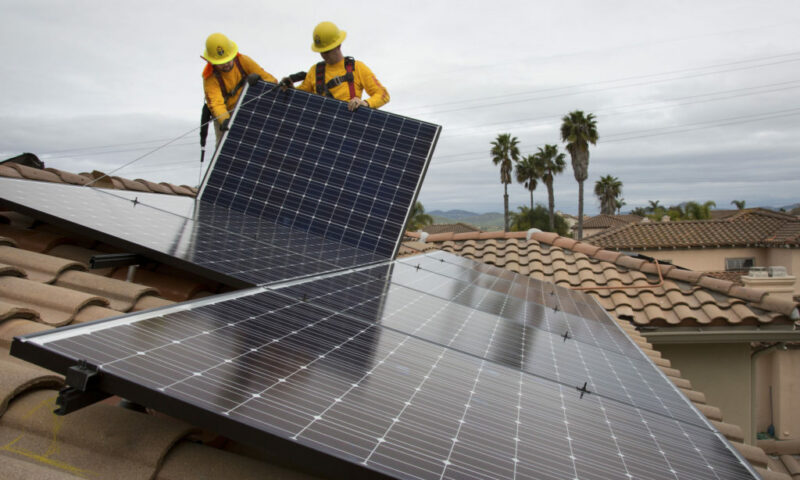

Co-published by Slate
Solar-panel installers workers are riding a “solarcoaster” — joining an industry that has provided jobs and opportunity to tens of thousands of workers — while also raising concerns about how fairly workers in a fast-growing, Wall Street-fueled industry are being treated.
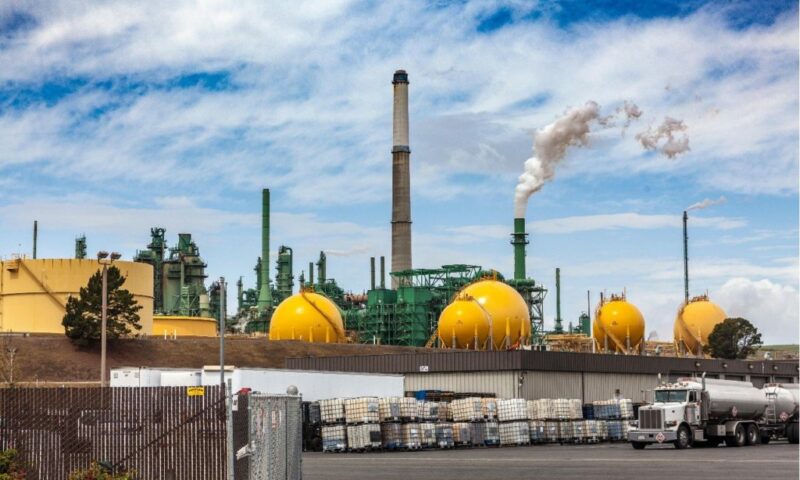
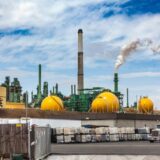
Co-published by Grist
Last fall Valero, the Texas-based petroleum giant, asked a small refinery town in Northern California to approve a huge crude-by-rail project. The city council of Benicia, however, had other ideas.
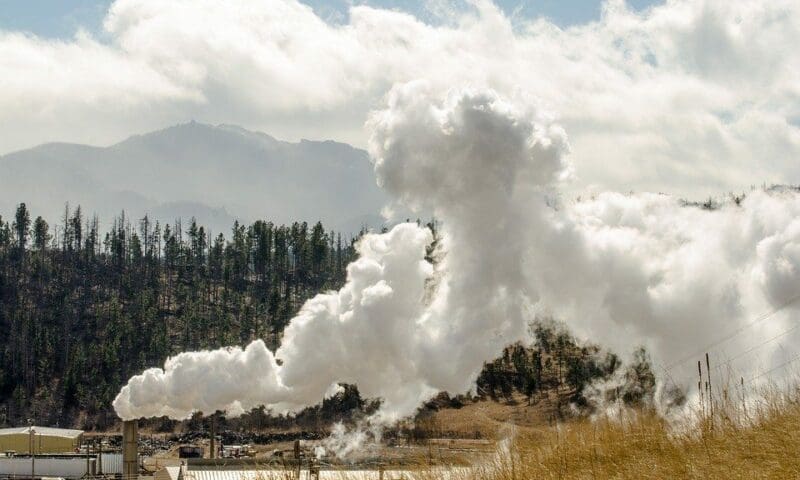
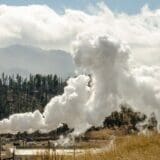
Some experts argue that private-sector efforts to stop climate change have penetrated too deeply into the business world, and claimed too much capital, to be thwarted by any single federal administration.
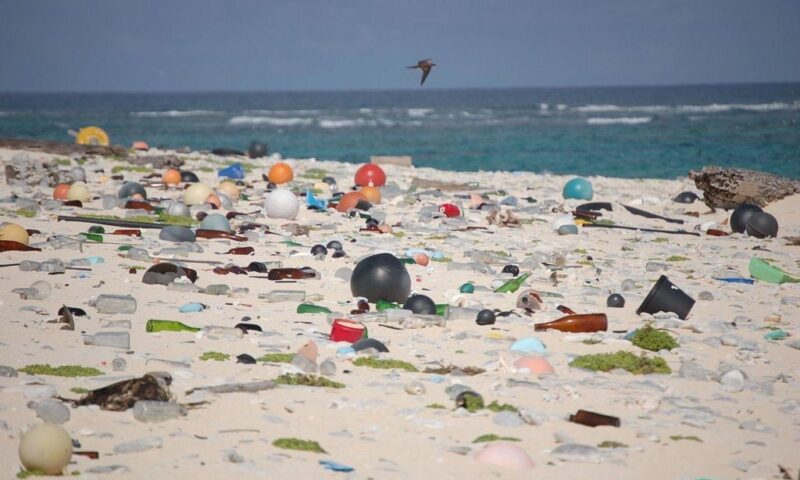

We are suffering a period of extreme weather patterns that a German insurance company says could only happen because of climate change. Last year was the hottest year ever – tracking on 14 months in a row of record-breaking temperatures.
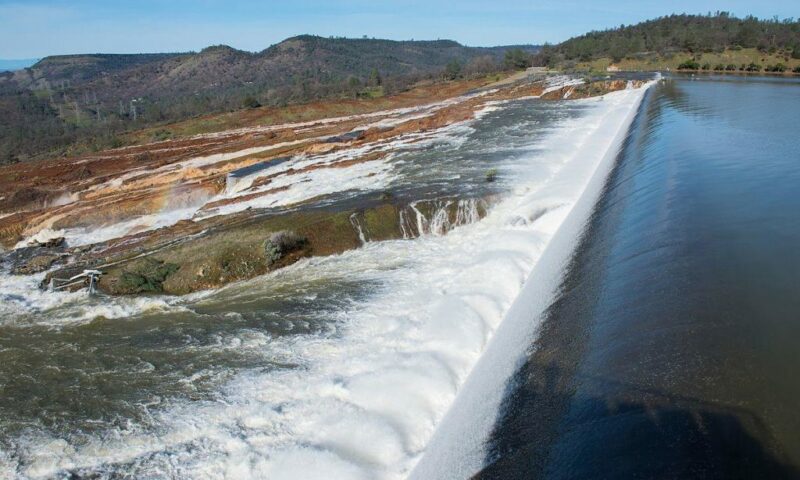
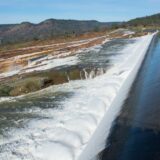
Just before the Oroville Dam became daily front page news, during what turned out to be a brief lull in this winter’s storms, one of my neighbors asked me if I thought the drought was over. “Nope, just an interlude,” I said.